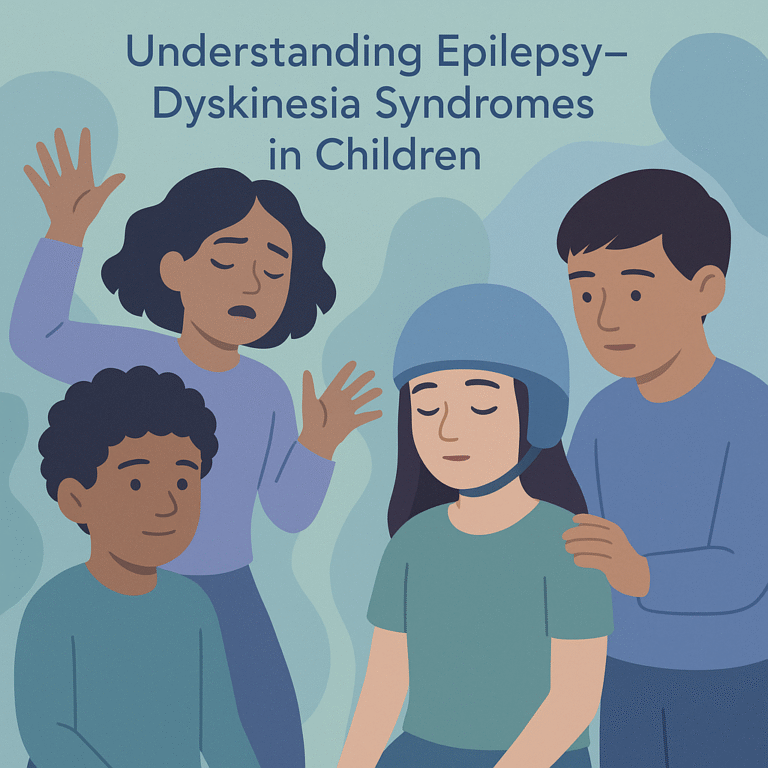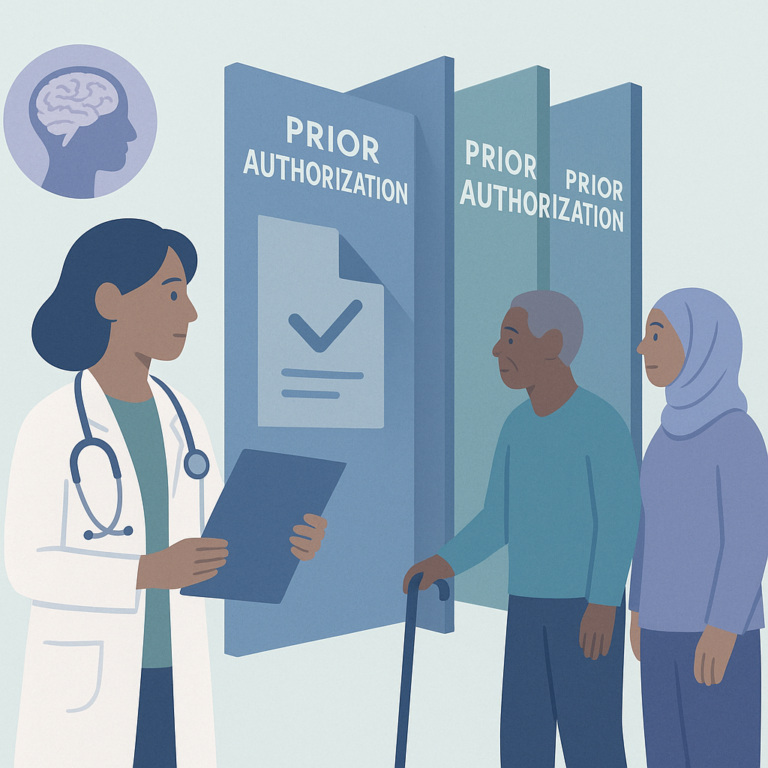Understanding Non-Convulsive Status Epilepticus in ICU Patients
Source: Neurological research and practice
Summary
Researchers studied non-convulsive status epilepticus (NCSE) in unconscious patients in intensive care units (ICUs). This condition is often difficult to diagnose and requires special skills to manage effectively. The review looked at how NCSE is diagnosed, treated, and how outcomes can be predicted, focusing on existing guidelines and tools used in clinical practice.
The key findings highlight that NCSE is common in patients who are not fully conscious and that accurate diagnosis is crucial for proper treatment. The study emphasizes the importance of using specific criteria and scoring systems to identify NCSE and monitor patients. It also discusses various treatment options and how to assess the likely outcomes for these patients, providing clear guidance for healthcare providers.
This research is important because it helps improve the care of patients with NCSE in ICUs, ensuring they receive the right diagnosis and treatment. However, there are limitations, such as the lack of access to advanced monitoring technologies like continuous electroencephalography (cEEG) in many hospitals, which can hinder effective diagnosis and management. Additionally, reimbursement issues for these technologies may affect their availability, making it harder for some patients to get the care they need.
Free: Seizure First Aid Quick Guide (PDF)
Plus one plain-language weekly digest of new epilepsy research.
Unsubscribe anytime. No medical advice.





